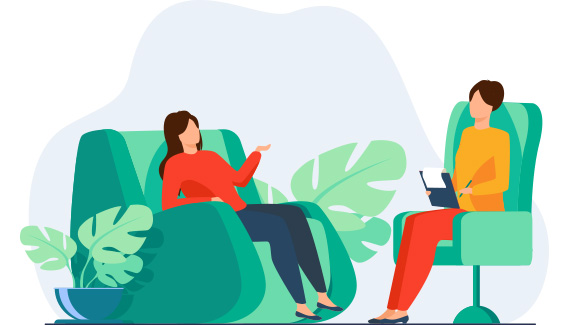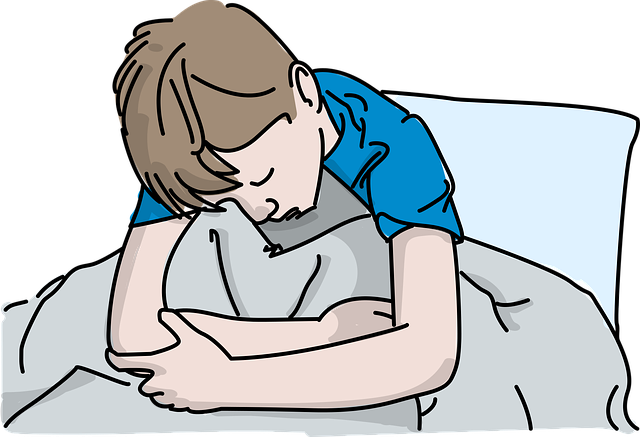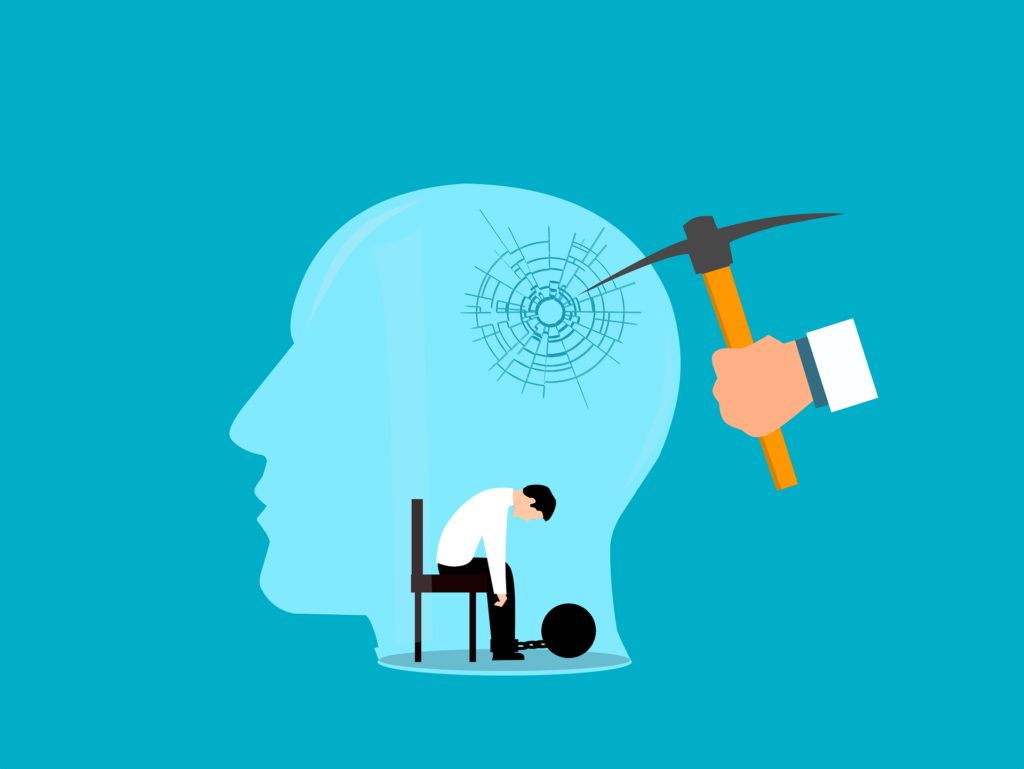Close

Depression
Difficult situations in life bring stress, frustration and disappointment that one may face in life. These are normal reactions to the hardship. If these feelings last more than a few weeks or months wherein it spoils the quality of life, it could be a sign of a mood disorder.
Mood disorders, marked by these symptoms, are common and fall into two broad groups depression and mania. Sadness and feeling blue are the features of depression and elation and excessive energy expenditure are the features of mania. Depression and mania represent the two major poles of mood disorders.
Types of Depression
The differentiation of depression according to whether a precipitant is present is derived from an early distinction between endogenous (vital or melancholic) and reactive depression. The endogenous versus reactive classification is based on ideas regarding the cause of the depressive illness.
Endogenous depression
“Endogenous” (occurs from within) implies there is no discernible cause for the depression. It was believed that this type of depression was more likely to be passed on to children due to a larger genetic component than reactive depression. This form of depression was thought to be characterized by a high proportion of biological symptoms (sleep and appetite disturbance, poor concentration and memory, loss of interest in sex). Some authorities thought this form of depression was most likely to respond to antidepressant treatments.
Reactive depression
“Reactive’ implied that the depression resulted from some stress occurring in the sufferer’s life. The risk of this type of depression occurring was believed to have more to do with the severity of life stresses than inherited factors. Symptoms were thought to be typified by worry and anxiety, with problems getting to sleep rather than waking up early in the morning (as in endogenous depression). It was originally argued that patients with reactive depression were less likely to respond to antidepressants.

Psychosocial Treatment
As adjuncts to medication therapy, psychosocial treatments aim to enhance medication compliance, and to increase resilience to stress. Psychotherapy is used with antidepressants can greatly enhance the results of medication. Individual or group psychotherapy can help the person gradually resume former responsibilities and adapt to the normal pressures of life, building on the improvement made by drug treatment. With Interpersonal Psychotherapy, the person receives supportive guidance for adjusting to changes in life roles. Cognitive Therapy can help change a person’s hopeless and negative thinking. Psychotherapy alone may be just as effective as drug therapy for milder depressions.
How Is Depression Diagnosed?
A healthcare professional, such as a psychiatrist or psychologist, can diagnose depression through a comprehensive evaluation. They will assess symptoms, medical history, and potential contributing factors.

Is Depression Treatable?
Yes, depression is treatable. Various treatment options are available, including:
1. Psychotherapy
Talk therapy, such as cognitive-behavioral therapy (CBT), can help individuals manage and overcome depressive symptoms.
2. Medications
Antidepressant medications can be prescribed to restore balance in brain chemistry.
3. Lifestyle Changes
Healthy lifestyle choices, such as regular exercise, a balanced diet, and stress management, can aid in recovery.
Can Depression Recur?
Depression can recur, but with proper treatment and ongoing support, the risk of recurrence can be minimized.
Dealing with depression can be tough. Gaining an understanding of it can make a difference, in how individuals and their loved ones cope. If you suspect that you or someone you know may be going through depression it’s important to reach out to a professional, for help. Remember, there is always hope and there are treatment options that can support individuals in reclaiming their mental well being.Your Confidant India.
you can hear from our Mental Health Professionals on our channel, please click on Your Confidant India.

